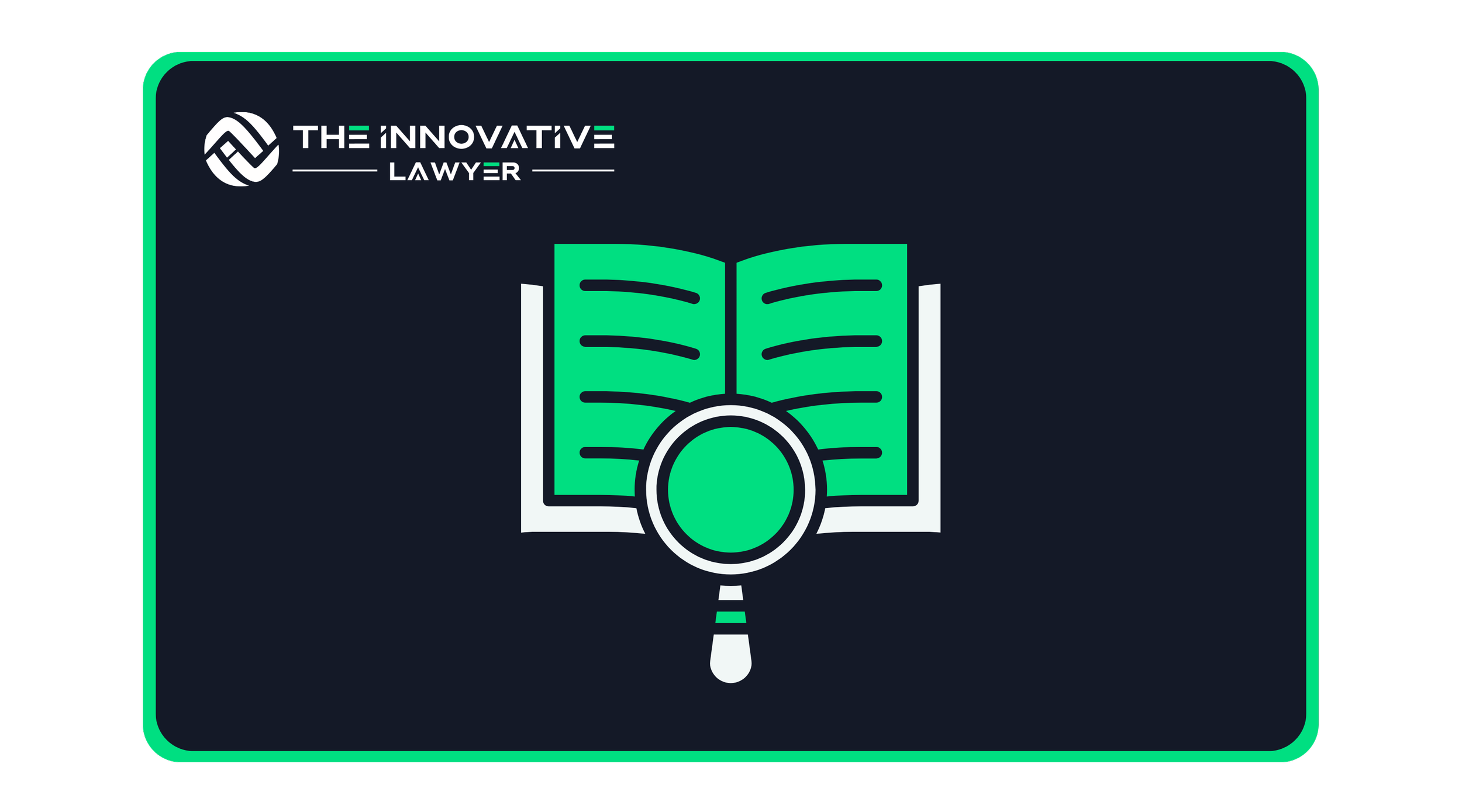Inzichten

Rode vlaggen uit zwarte dozen: De juridische due diligence in het AI-tijdperk
AI verandert de juridische due diligence ingrijpend door documentanalyse sneller en efficiënter te maken. Advocaten verschuiven hun focus van feitelijke controle naar strategische interpretatie. AI-tools herkennen patronen, markeren risico’s en besparen tijd, maar roepen vragen op over transparantie en aansprakelijkheid. De “zwarte doos” van AI vereist toezicht en juridische uitlegbaarheid. De advocaat blijft eindverantwoordelijk en moet technologische kennis combineren met juridische expertise. De toekomst van due diligence is hybride: menselijk waar nodig, AI-gedreven waar mogelijk.

De panopticar | Een trade-off tussen privacy en surveillance door Tesla?
Dit artikel onderzoekt hoe Tesla-gebruikers navigeren tussen autonomie en digitale controle. Centraal staat de Sentry Mode — het camerasysteem dat voortdurend de omgeving én de bestuurder monitort. Deze technologie, bedoeld ter beveiliging en verkeersveiligheid, maakt Tesla tot symbool van wat de auteurs luxe surveillance noemen: consumenten betalen vrijwillig voor producten die hen observeren, in ruil voor comfort, status en veiligheid.

Critical Criteria for AI Impact Assessment: A Proposal, Applied on Current Standards
Standardisation processes for artificial intelligence (AI) governance and risk management are underway, including the International Organization for Standardization (ISO), the Institute of Electrical and Electronics Engineers (IEEE), the US National Institute of Standards and Technology (NIST), and the European Committee for Standardization (CEN / CENELEC). These efforts aim to establish frameworks, methodologies, and metrics for evaluating, among others, the ethical and social impacts of AI technologies, considering different scopes and approaches.

De wirwar van cloud-vereisten: hoe de EU het ongrijpbare probeert te grijpen
De afhankelijkheid van cloud diensten in de Europese Unie is in recente jaren enorm gestegen. Een wereld zonder de grote cloud dienstverleners is haast ondenkbaar geworden. Tegelijkertijd is de markt voor cloud dienstverlening grotendeels in handen van een klein aantal (niet-Europese) aanbieders. De EU stimuleert dan ook enerzijds de ontwikkeling van de Europese markt voor cloud, terwijl zij aan de andere kant het aanbieden en gebruiken van cloud diensten aan strenge normen onderwerpt. Dit laatste roept de vraag op of het Europees regelgevend kader het gewenste effect bereikt, of juist een onnodige remmende werking heeft op adoptie van cloud technologie waarmee de strategische ambities van de EU in gevaar komen.

The EU AI Act in a Global Perspective
De afhankelijkheid van cloud diensten in de Europese Unie is in recente jaren enorm gestegen. Een wereld zonder de grote cloud dienstverleners is haast ondenkbaar geworden. Tegelijkertijd is de markt voor cloud dienstverlening grotendeels in handen van een klein aantal (niet-Europese) aanbieders. De EU stimuleert dan ook enerzijds de ontwikkeling van de Europese markt voor cloud, terwijl zij aan de andere kant het aanbieden en gebruiken van cloud diensten aan strenge normen onderwerpt. Dit laatste roept de vraag op of het Europees regelgevend kader het gewenste effect bereikt, of juist een onnodige remmende werking heeft op adoptie van cloud technologie waarmee de strategische ambities van de EU in gevaar komen.

Artificial Intelligence and Copyright: The EU Should Preserve the Copyright Directive’s Delicate Balance to Safeguard and Promote Innovation
In the past years, new technological developments in AI have attracted widespread political attention and regulatory scrutiny worldwide. In particular, the emergence and rapid adoption of generative AI systems able to generate content such as text, audio, video, and computer code based on users’ instructions triggered heated legal and political discussions, including in the field of copyright.

The Imperative for a UN Special Rapporteur on AI and Human Rights
The UN's engagement with AI policy, particularly through UNESCO's Recommendation on the Ethics of Artificial Intelligence, is a pivotal moment in the global discourse on AI. Adopted unanimously by UNESCO member states, this landmark document outlines a comprehensive framework for ensuring AI systems are aligned with universal ethical principles and human rights standards.

ChatGPT, Are You Lawfully Processing My Personal Data? GDPR Compliance and Legal Basis for Processing Personal Data by OpenAI
Artificial Intelligence (AI) has emerged as a powerful technology that is transforming various industries and sectors. Large Language Models (LLMs) are a particular AI model that is specifically designed to generate human-like text.

Interfering with Judicial Independence? The Legal Constraints in the Realm of AI-Powered Judicial Decision Making
With AI technology advancing, AI systems undoubtedly hold great potential inter alia in terms of taking over tasks that normally require human effort and interpretation. In the legal profession, where large amounts of data have to be reviewed, AI systems may ease and speed up processes.

The ‘Bouncing Ball’ Effect of the EU Artificial Intelligence Act on Employment Relations
The EU Artificial Intelligence Act (AI Act) has been shaped into a considerable omnibus Regulation that covers a wide range of issues, including AI systems used within the employment context.
